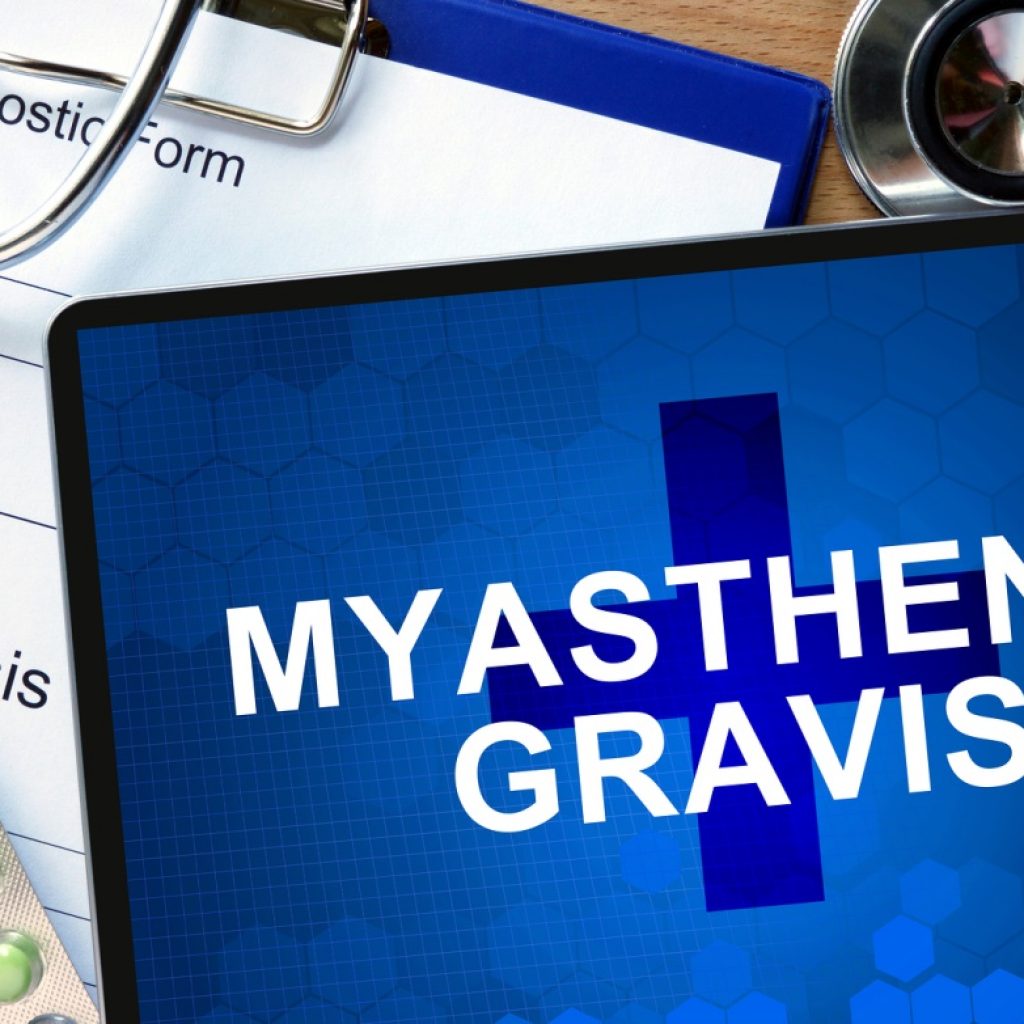Your Neurologist in Leesburg Explains the Facts Behind Essential Tremor
Essential tremor is a neurological disorder that affects more than seven million people in America. It causes involuntary and rhythmic shaking. It primarily affects the hand, but can also manifest in other parts of the body. It is not a life-threatening condition, but it gets worse over time. Schedule a consultation with Dr.Sarbjot Dulai, your neurologist in Leesburg, for correct diagnosis and timely treatment.
Causes
It’s still unknown precisely what causes essential tremors. However, some evidence points to a genetic or hereditary link. If a parent already has the disorder, their children also have a 50% chance of developing essential tremor.
If someone in your family has essential tremor, call a Dulles neurology specialist as soon as possible. Dr. Dulai may recommend some ancillary testing, such as genetic testing or brain imaging, to arrive at an accurate diagnosis.
Symptoms
This brain disorder primarily manifests in rapid, small, and rhythmic shaking in the hands. However, it can also affect the head, tongue, face, torso, neck, and in rare cases, the feet and legs. The frequency of the tremors varies for every individual. It may also affect each side of the body differently.
Some people experience action tremors, which is the term for shaking that happens when they’re doing something such as lifting a cup or tying their shoes. On the other hand, those who experience tremors while not doing anything have tremors at rest. An individual can experience both, or start with one type and eventually develop both action tremors and tremors at rest.
No matter the specifics, those afflicted with the disorder typically experience:
• Rhythmic, noticeable shaking in the hands
• Difficulty in using a pen
• Issues holding objects, such as spoons
• Neck and head tremors, which cause the head to shake in side-to-side or nodding motions
• Twitching eyelids and other parts of the face
• Balance problems due to tremor in the lower limbs
• Abnormal gait due to tremors
• Shaky voice due to tremor in the voice box and tongue
Patients can experience mild symptoms, or the symptoms can be severe and disruptive to daily life. These symptoms are usually confused with Parkinson’s Disease and other disorders as well, so it takes a trained neurologist in Leesburg, VA, to make an accurate diagnosis.
5 FAQs About Essential Tremor
If you start experiencing uncontrolled tremors, it’s understandable to feel alarmed. Dr. Sarbjot answers some of the commonly asked questions about essential tremor:
1. How fast does the disorder progress?
Essential tremor can progress from 1.5% to 5% per year. The tremors tend to become stronger and more noticeable as the patient grows older.
2. What can make essential tremor worse?
Factors like emotional stress, fatigue, smoking, caffeine, and low blood sugar can intensify the tremors.
3. Can I still drive with essential tremors?
Individuals can still drive while the symptoms are mild. Once the tremors make it difficult for you to control the wheel, it’s safer to refrain from driving until you manage the disorder.
4. How does a neurologist diagnose essential tremor?
A neurologist in Leesburg will review your family history, medical history, and conduct a physical examination. There is no specific medical test for this disorder. Because it’s a matter of ruling out other diseases and conditions, it takes a neurologist well-versed in essential tremor to diagnose it correctly.
5. How do you treat essential tremor?
Depending on the details of a patient’s case, Dr. Sarbjot Dulai may recommend a combination of therapy, medication, and perhaps surgery as part of the treatment plan.
Manage Essential Tremor with a Neurologist in Leesburg
With the support and expertise of Dr. Sarbjot Dulai, you can overcome essential tremor and regain control of your body and life. However, it all starts with a diagnosis. Call Neurology Associates today at (703) 726-6393 for an appointment.














